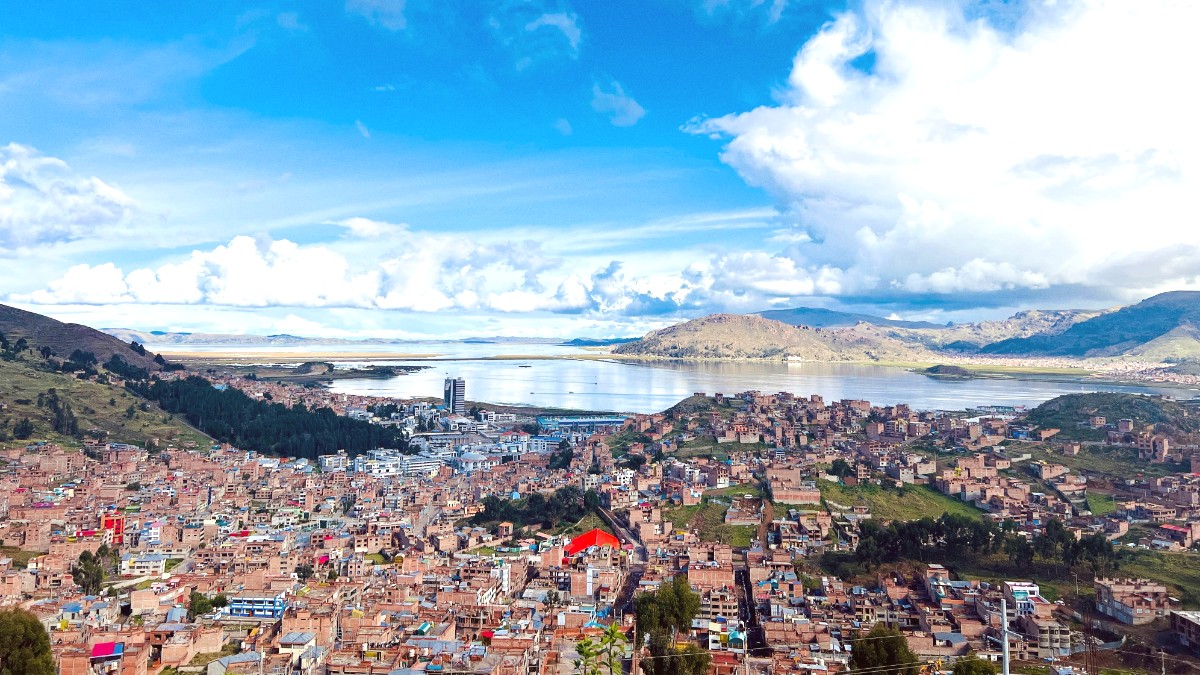
Lake Titicaca, Peru
The Lake Titicaca National Reserve protects biodiversity. Choose tours that respect its rules, remaining on designated paths and not disturbing wildlife.
Reduce waste by avoiding single-use plastics. Recycling infrastructure is limited, so pack out non-biodegradable waste when possible.
Fresh water resources remain valuable. Be mindful of water usage in hotels, taking shorter showers and reusing towels.
Your travel choices foster sustainable tourism.
Consider offsetting your flight emissions through reputable carbon offset programs. This mitigates the environmental footprint of your travel.
Seek hotels or tour agencies that state their commitment to sustainable practices (e.g., waste reduction, energy efficiency, community support). Ask questions before booking to affirm their alignment with your values.
Support community-based tourism initiatives that directly benefit indigenous communities and safeguard their traditions (e.g., Amantani homestays, purchasing crafts directly from artisans on Taquile and Uros).
Always ask before photographing people. A simple Spanish phrase like '¿Puedo tomar una foto?' displays consideration. A few words in Spanish or even Quechua/Aymara (e.g., 'Kamisaraki' - Hello in Aymara) display respect and foster warmer interactions. Dress modestly, especially when visiting local communities or religious sites. Bargain politely in markets.
Prioritize buying crafts directly from artisans in communities (Taquile, Uros) or from fair-trade shops in Puno rather than mass-produced souvenirs.
Explore reusable products at Package Free Shop.Dine at local restaurants, work with local guides, and purchase from local markets.
Support conservation at The Rainforest Site.Direct purchases from artisans help circulate your money within the Puno economy, benefiting small entrepreneurs and families.
Tourism activity positively impacts the local economy and communities.
Amantani Island Homestays are a prime example, where tourism directly supports local families through lodging and meals. These experiences create a direct economic benefit to the communities you visit.
Be wary of tours that appear to exploit local culture without genuine community benefit. Do not hand money directly to children; this can foster dependency and discourage school attendance.
If you intend to donate, do so through established local NGOs, schools, or community projects rather than direct handouts. This makes certain aid distribution is effective and sustainable.
Eating at local restaurants, using local guides, and buying from local markets circulates your money within the Puno economy. This benefits small entrepreneurs and families.
Respect privacy, especially of children and in private homes. Dress modestly, remove hats, and speak quietly when inside religious sites. Display respect during services or ceremonies.
Always seek permission before taking photos, notably of people and private property.
Dress conservatively, remove hats, and keep voices low in sacred spaces.
Consider purchasing a small item from local artisans as a sign of appreciation for photos.
Your actions leave an impression. Travel with a mindful spirit, respecting culture and environment.